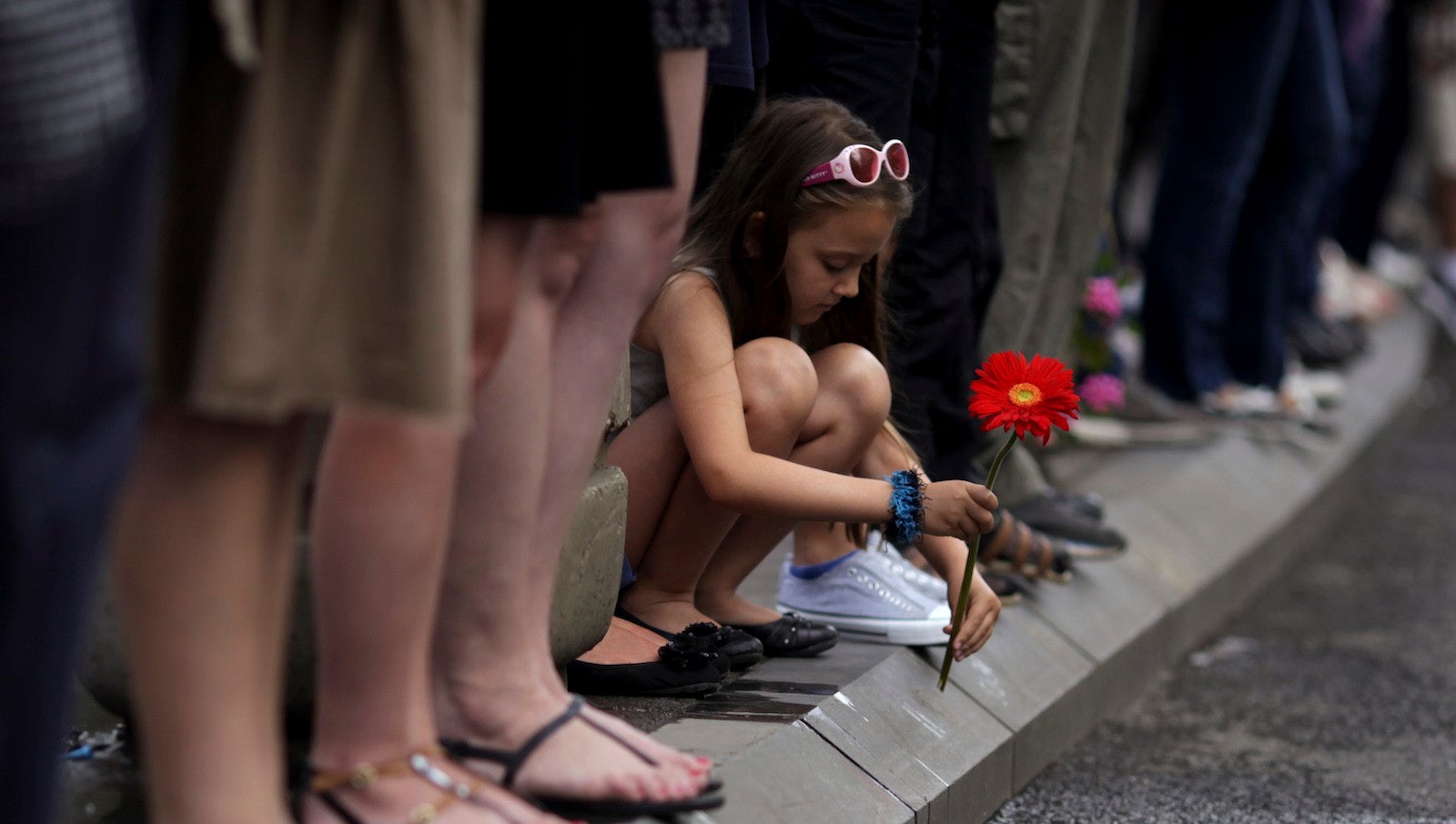In a time of war, my 15-year-old daughter became a hero
One day, in May 1999 during the full fury of the NATO bombings in Belgrade, we had a small ritual of gathering during the curfew. We were drinking and talking to make the time go by, with family and friends, to feel more secure and less anxious. My daughter said to me:


One day, in May 1999 during the full fury of the NATO bombings in Belgrade, we had a small ritual of gathering during the curfew. We were drinking and talking to make the time go by, with family and friends, to feel more secure and less anxious. My daughter said to me:
“I am going out. I am taking a bus with my best friend. We will tour the bombed sites to see the dead people.”
Shocked as I was, I babbled, “Well, you must come home before the air- raid sirens are on. Usually the raids hit before darkness.”
“No way,” she answered rebelliously, as only a teen could.
“If I have to die with somebody, I chose to die with my best friend, under a bridge!”
“No way!” I screamed, “If you have to die, you will die with your mother in your own home!”
She just turned on her heels and left with a small backpack, with her war ID that all the 15-year-olds got in those bombing days. She was on her own.
I let her go. I had no choice. Children grow up in war and peace, and in war even faster.
When she came back in two days, still in one piece, we were both ten years older. I was broken, while she was mature. She smiled at me tenderly, kissed me and said, “Don’t worry mom, I will take care of you. Life is not so bad outside. But Sara and I decided to go back home. You need us.”
She started going out every day from that day on, with her group of friends from the neighborhood. They used to cruise the city and report on bombed buildings, available supplies, and other people’s needs. They were full of useful information and street smarts: they knew where one could get a battery, book, bulb, some medicine, and cigarettes. We called that the children’s service. They traded goods. Since the schools were closed the days were long and boring. Our children preferred to be active and outside, rather than to live in fear and passivity, protected by the parents.
My daughter would bring home other children she met during her work, friends from school or streets. Every one of them had a different story, a different social background. Sometimes we, their parents, were also potential enemies, but they had one thing in common: they were a small army of vagabonds who wanted to keep their parents safe.
If she were a boy, I guessed, she would probably be in the trenches. As a girl in Serbia in the nineties, her battlefield was her family and her mom. Our roles exchanged. As a girl grown up in war, she became older than me, her mom, who grew up as a hippie who had it all. I could not properly handle a war, my teenage daughter told me airily. I stood in the streets protesting politically, while she was cruising the city, helping people, her friends, refugees fainting with hunger, people lacking shoes and medicine.
She had an operation on her tonsils without anesthetics, because of war-time sanctions. I was crying outside in the waiting room when she came smiling and comforting me; “Don’t cry. Now I can eat all the ice cream in the world!”
This post was excerpted from the essay Mothering in War, from the book Mothers of Adult Children (Lexington Books, 2013).